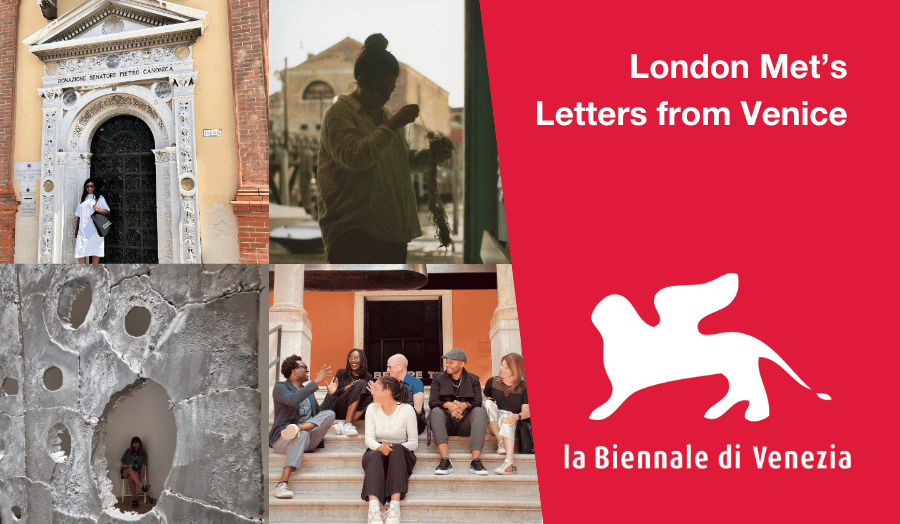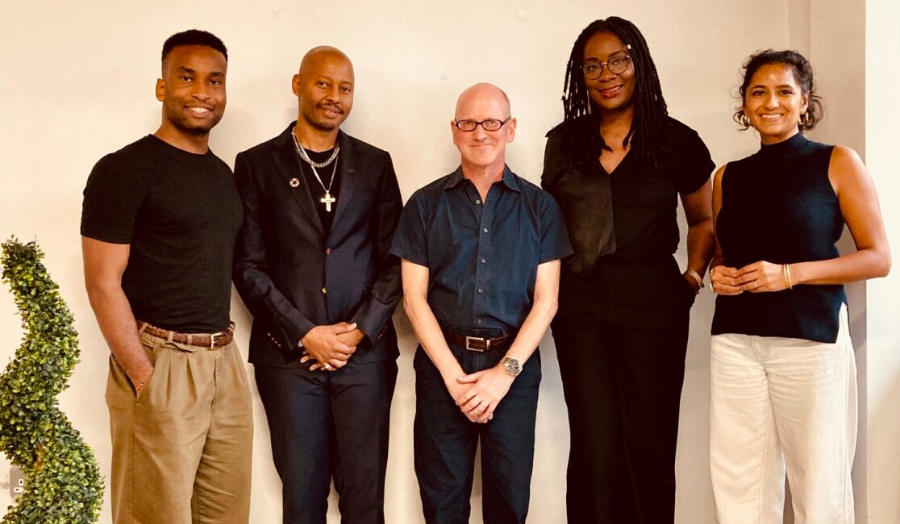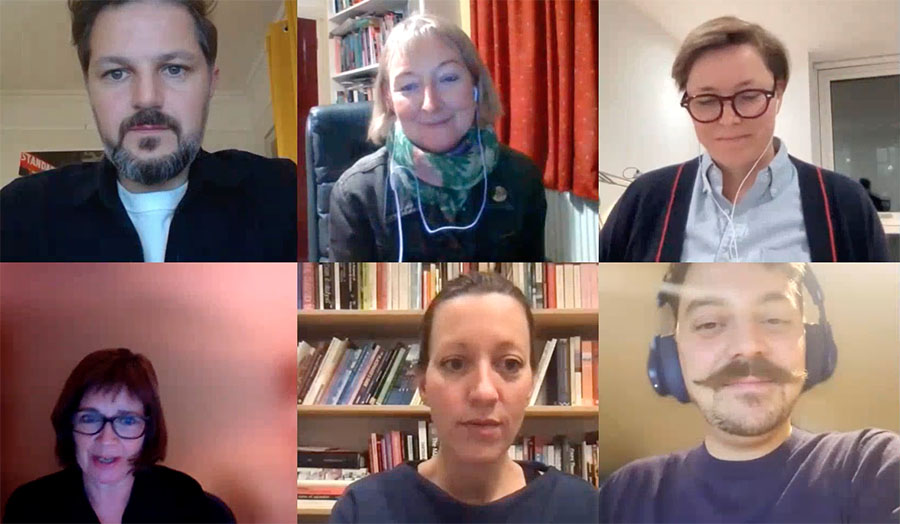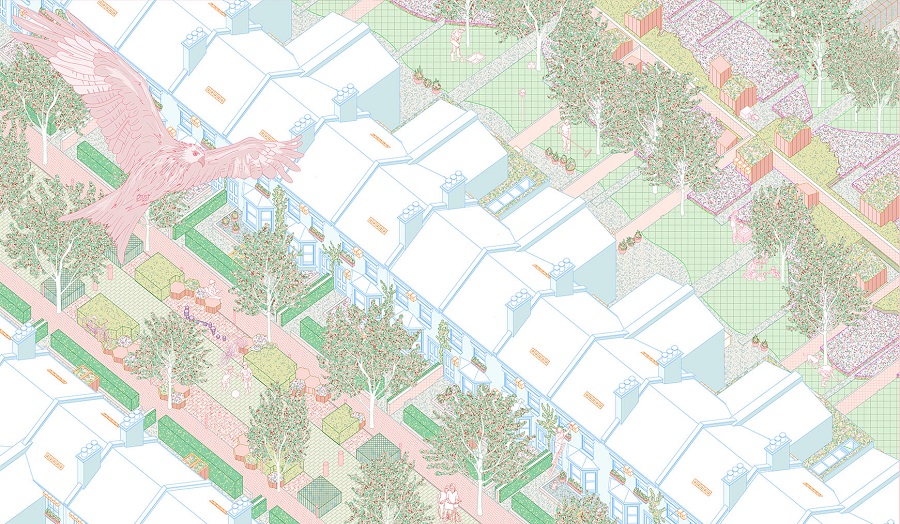The research group Ecological, Architectural and Civic Humanities in Design (EACHiD) provides a focus for interdisciplinary research in the fields of architectural, artistic and urban design practice and the humanities. EACHiD’s overarching philosophy is guided by the demand for a critical perspective on the humanistic and cultural foundations of the creative arts, testing the degree to which this historical background informs emergent ecological agendas in design and artistic practice today.
The group builds upon the legacies of ARU (Architectural Research Unit), which continues under the guidance of Emeritus Prof. Philip Christou) and the intellectual and scholarly work of Peter Carl and the late Robert Harbison. It draws upon productive exchanges between architectural, artistic and landscape practices found in the work of Prof. Peter St John (Caruso St John Architects) and others including highly-regarded architects who teach in the design studio, including their pedagogical and built outputs as well as their professional profiles.
Treating the traditional principles of civic space as a setting for both collective participation and representation, EACHiD develops a hermeneutical approach to examining the contemporary city in the light of endemic environmental, social and political challenges coupled with a rising sense of anxiety about our wider cultural predicament. The group fosters methodological innovation in regard to the hosting and dissemination of debate, actively promoting collaborative and disruptive dynamics of knowledge production. A key project is The Living Memory of Cities, originally conceived as an international symposium by Dr José de Paiva (Eric Parry Architects) at the Calouste Gulbenkian Foundation, Portugal, and thereafter developed as a collaboration with Eric Parry Architects. This has developed an agenda for debate as a companion study to The Living Tradition of Architecture (ed. José de Paiva, Routledge, 2017), an edited volume that includes a chapter contribution by Prof. Christian Frost and a preface by Eric Parry among many other eminent practitioners and authors.









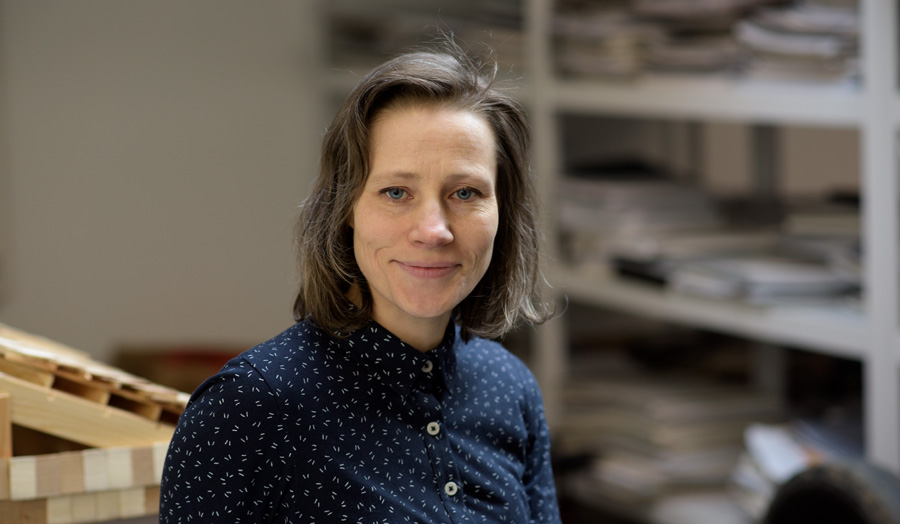

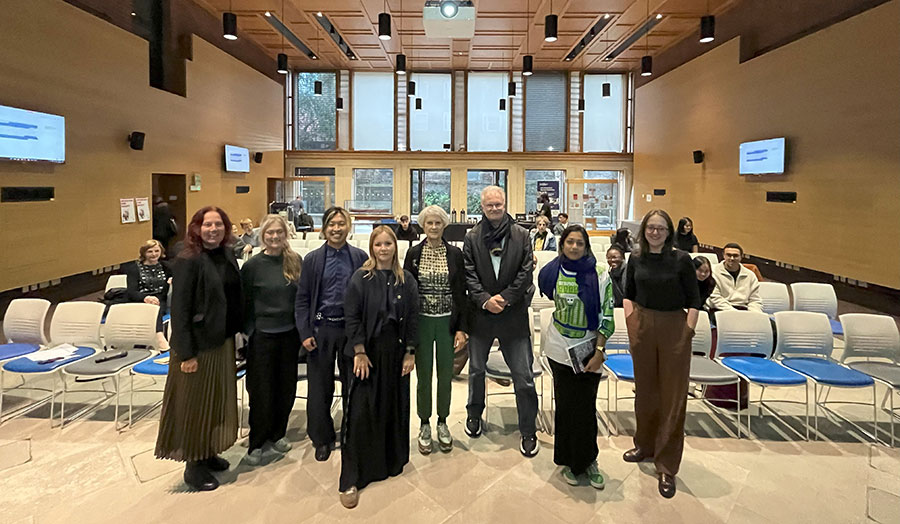

.png)
